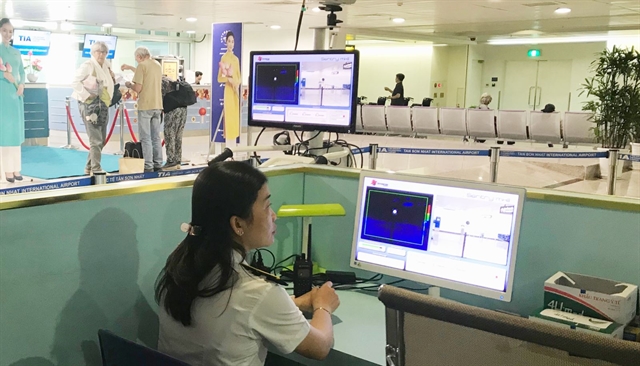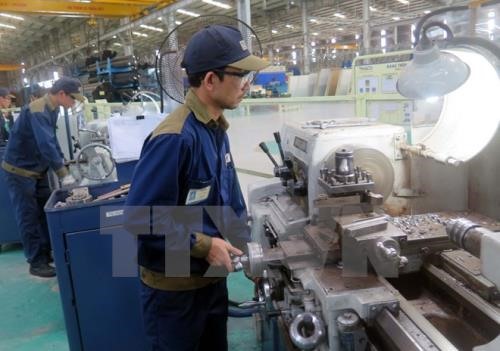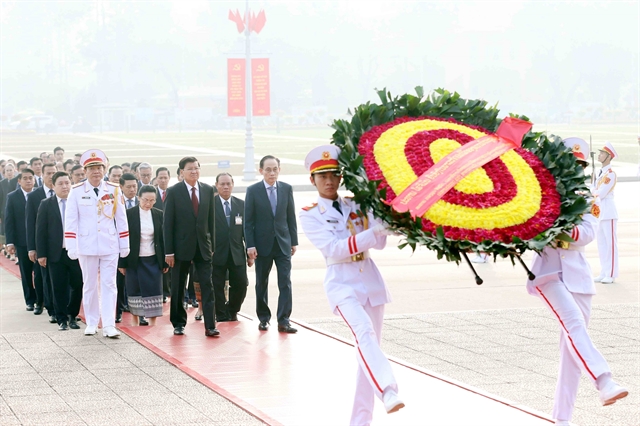 Society
Society

Việt Nam is reviewing the legal framework for the ratification of the ILO Convention 98 on the Right to Organise and Collective Bargaining.
 |
| Việt Nam is expected to ratify ILO Convention 98 on the Right to Organize and Collective Bargaining next year. – VNA/VNS Photo Đỗ Trưởng |
HCM CITY — Việt Nam is reviewing the legal framework for the ratification of the ILO Convention 98 on the Right to Organise and Collective Bargaining.
The ratification will be expected to be submitted to the National Assembly for approval next year.
Speaking at a conference on the issue held yesterday in HCM City, Sarah Galeski, co-chair of the HR & Training Sector Committee of EuroCham, said that Việt Nam had recently ratified the Comprehensive Progressive Trans-Pacific Partnership (CPTPP) and the EU-Vietnam Free Trade Agreement (EVFTA) is expected to come into force next year.
“Both the CPTPP and EVFTA require Việt Nam to reaffirm its commitments under the 1998 International Labour Organisation (ILO) Declaration on Fundamental Principles and Rights at Work,” Galeski said.
These rights are governed by ILO’s eight fundamental conventions, three of which have not been ratified by Việt Nam, including the ILO Convention No.98 on collective bargaining.
“However, we understand that Việt Nam intends to ratify the convention within 2019,” she said.
Although the convention has not been ratified, Việt Nam’s current legal framework already has many of these key concepts, she said, adding that the revised Labour Code draft will further strengthen Việt Nam’s implementation of these principles.
Under Article 8.1 of the current Labour Code, employers are prohibited from discriminating against employees on the basis of the employee’s joining or participating in a trade union.
Employers are also restrained in the termination of labour contracts of employees who are also union officers, she said.
“These provisions already reflect the principle of the ILO Convention No.98 that says that workers shall enjoy protection against acts of anti-union discrimination with respect to their employment,” Galeski added.
The draft Labour Code includes detailed provisions prohibiting discrimination and harassment of trade union members, she said.
Vietnamese law forbids employers from carrying out various acts of interference with employees establishing, joining or participating in a trade union.
Moreover, the draft Labour Code introduces a new approach to collective bargaining which shifts the focus from one negotiation session to an ongoing process, Galeski added.
“The ratification of ILO Convention No. 98 will demonstrate Việt Nam’s commitment to worker rights and provide the EU Parliament with reassurance that Việt Nam will comply with its labour obligations under the EVFTA,” she said.
Nguyễn Văn Bình, deputy head of the Department of Legal Affairs under the Ministry of Labour, Invalids and Social Affairs, said the right of collective bargaining is very important because it could affect collective benefits.
If a trade union’s chairman is sacked by employers, for example, this could “strip the rights of the whole trade union,” he said. “This is very serious and needs criminal punishment.” — VNS




